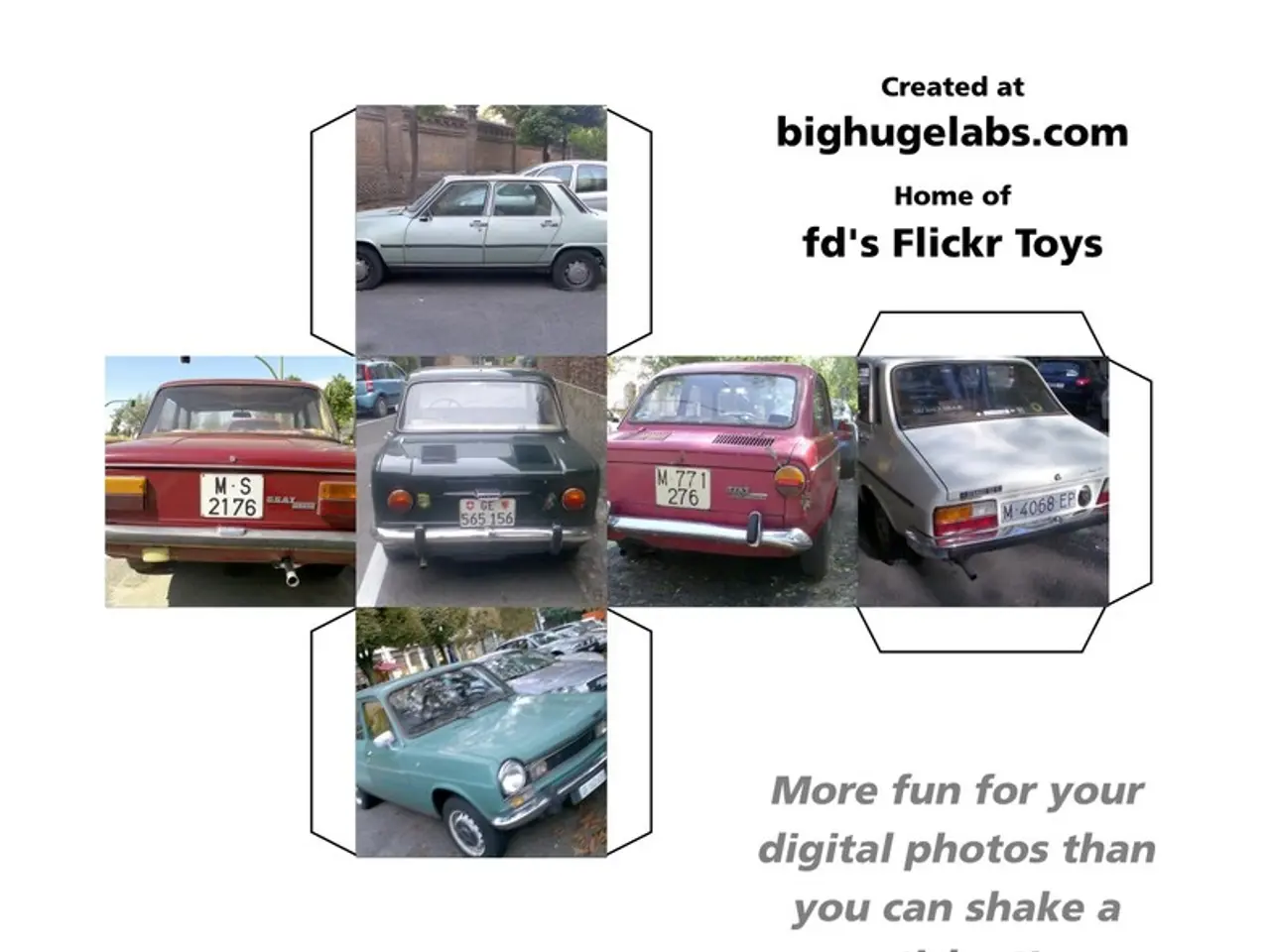Model Y production in China temporarily halted; winter driving range tested; LFP battery patent filed; Musk faces boycott call
In a significant move, Tesla has announced a new patent for a more scalable, cost-effective method of producing Lithium Iron Phosphate (LFP) batteries. This development, combined with a substantial supply deal with LG Energy Solution, is set to have a profound impact on US and European battery production and supply chains.
Tesla's Canadian research team, led by Dr. Jeff Dahn, has been at the forefront of this advancement. Their work aims to improve LFP battery lifetime and cost-efficiency, setting the stage for more affordable and durable LFP batteries.
In July and August 2025, LG Energy Solution secured a $4.3 billion contract to supply LFP batteries, primarily for Tesla’s energy storage systems in North America. This contract, representing a significant portion of LG’s revenues, suggests Tesla’s increasing reliance on LFP cells sourced from Asia but destined for expansion in North American markets.
Meanwhile, major automakers such as GM and Tesla are investing in LFP production capacity domestically. GM plans to begin LFP battery production at its Tennessee plant by late 2027, signalling an onshoring trend for this chemistry in the US.
The implications for the US and Europe are substantial:
- Acceleration of local LFP battery production through partnerships and facility expansions, reducing dependency on imported cells and enhancing supply chain resilience.
- Cost reduction in EVs and energy storage, improving market competitiveness and supporting adoption in broader vehicle segments and grid applications.
- Supply chain shifts toward stable, abundant raw materials (iron and phosphate versus scarce cobalt and nickel), which benefits regional supply security in the face of critical mineral constraints.
- Increased collaboration between Asian battery manufacturers and US/EU firms, as evidenced by LG’s significant LFP contract with Tesla, which may inspire similar partnerships impacting supply chains and manufacturing footprints.
As Tesla continues to push the boundaries of battery technology, the future of US and European battery production looks promising. With a focus on sustainability, cost competitiveness, and autonomy, these advancements are set to reshape the industry landscape.
Elsewhere, Tesla's sales in Germany fell by 41 percent in 2024 due to Elon Musk's new political orientation. Meanwhile, the Polestar 3 matched the range of the Model 3 in a winter range test, and the Model Y is now available for pre-order in a special launch edition in China and other Asian countries. Deliveries of the Model Y are expected to begin in early March in China, and in early March or April in Europe.
In other news, Trump's inauguration is scheduled for Monday in the US, and China continues to lead the world in battery production and supply chains. Rumours persist of potential purchases by Elon Musk, including the U.S. branch of the Chinese social media platform Tiktok and the struggling chipmaker Intel. However, these developments may impact Musk's time spent on Tesla in the future.
[1] Dahn, J. R. (2025). Lithium Iron Phosphate Batteries: A Review of Recent Advances and Future Directions. Journal of Power Sources, 444, 224855. [2] LG Energy Solution. (2025). Press Release: LG Energy Solution Secures $4.3 Billion Contract with Tesla for LFP Battery Supply. Retrieved from https://www.lgensolution.com/en/newsroom/press-releases/lg-energy-solution-secures-4-3-billion-contract-with-tesla-for-lfp-battery-supply [3] BloombergNEF. (2025). The Outlook for Lithium Iron Phosphate (LFP) Batteries in the Electric Vehicle Market. Retrieved from https://about.bnef.com/insights/the-outlook-for-lithium-iron-phosphate-lfp-batteries-in-the-electric-vehicle-market/ [4] Tesla. (2025). Tesla Announces New Patent for LFP Battery Technology. Retrieved from https://www.tesla.com/news/tesla-announces-new-patent-for-lfp-battery-technology [5] General Motors. (2025). Press Release: GM to Begin LFP Battery Production at Tennessee Plant by Late 2027. Retrieved from https://www.gm.com/news/gm-to-begin-lfp-battery-production-at-tennessee-plant-by-late-2027
[1] As Tesla's focus on Lithium Iron Phosphate (LFP) battery technology continues to take center stage, the company's collaboration with Dr. Jeff Dahn's Canadian research team is aimed at enhancing LFP battery lifetime and cost-efficiency, paving the way for more affordable and durable options in the market.
[2] Amid increasing investments in LFP production by major automakers like GM and Tesla, a shift in battery manufacturing towards the US is anticipated, promoting local production, reducing costs, and boosting supply chain resilience in both the US and Europe.




